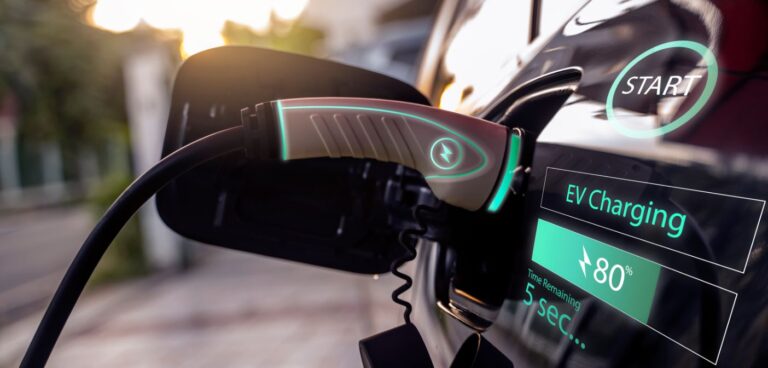New data from RAC Charge Watch shows that the cost of using publicly accessible rapid and ultra-rapid electric vehicle (EV) chargepoints has increased by 58% since May 2022.
According to the RAC figures, the average cost of a kilowatt hour for a pay-as-you-go rapid charging session is now 70.32p, up from 44.55p (58%) in May 2022 and from 63.29p (11%) in September 2022.
Price increases have been caused by the rising wholesale costs of electricity, meaning that the average EV driver will now pay an average of £36 to charge a typical family-sized EV with a 64kWh battery to its 80% rapid or ultra-rapid limit.
RAC explained that this is more than double the price of domestic charging, which costs just £17.87 despite record-high domestic energy prices.
Ultra-rapid chargers, which have power outputs of more than 100kW and can charge cars within minutes, now cost 74.79p per kilowatt hour to use, marking an increase from 50.97p in May (47%) and 63.94p in September last year.
What’s more, the RAC reports that drivers relying on public chargepoints pay £38.29 for an 80% charge, which is £20.42 more than those who are able to charge at home.
Simon Williams, EV spokesperson at RAC, said: “It continues to be the case that those who can charge at home or at work and who don’t use the public rapid charging network very often get fantastic value – even given the relatively high domestic energy prices right now.
“Sadly, the same can’t be said for people who either can’t charge at home or at work, or who regularly make longer journeys beyond the range of their cars.
“As last week’s new car registration figures showed, the demand for EVs is clearly there but it’s vital this is sustained.
“Our concern is that the extremely high energy prices, which are already making people’s domestic energy bills so high, have the effect of putting people off using public EV chargers of all speeds altogether – something the government must avoid if it expects charge point operators themselves to do the majority of the heavy lifting when it comes to installing more EV charging infrastructure.
“Cutting the level of VAT on electricity sold at public chargers to 5% to match what people pay at home would be one way of keeping prices under control and would show the Government remains committed to doing everything it can to get more drivers to go electric.”
The RAC’s analysis shows that drivers who use the rapid public charging network currently pay a huge premium over those using slower chargers, and that it can even be more expensive for an EV driver to recharge quickly on a longer journey than it is for a petrol and diesel drivers to refuel.
Despite a record number of new EV registrations last month [December 2022], the RAC and campaign group FairCharge have expressed concerns about the high costs of running EVs as a deterrent for those considering going electric.
Both organisations have called on the government to cut the VAT rate charged on electricity bought at public EV chargers from 20% to five percent to keep it in line with domestic electricity prices.





